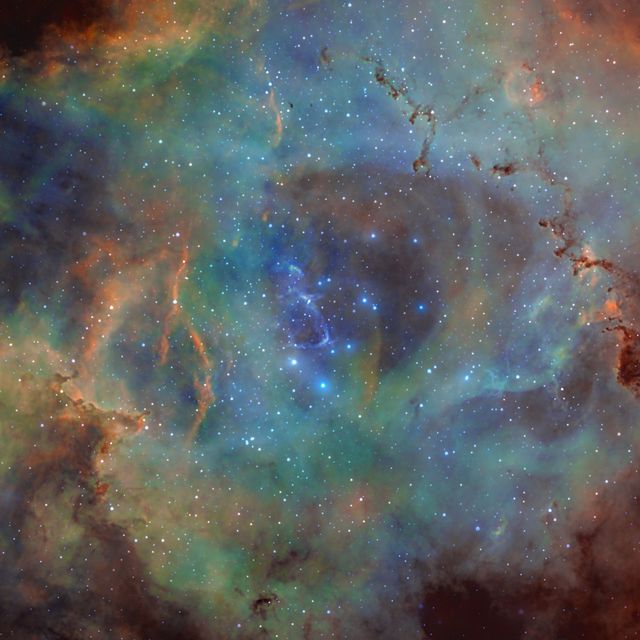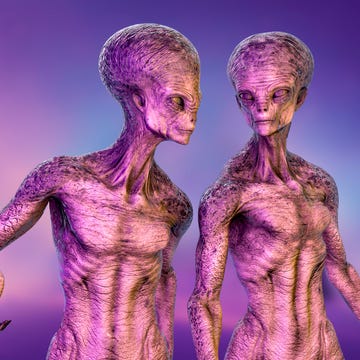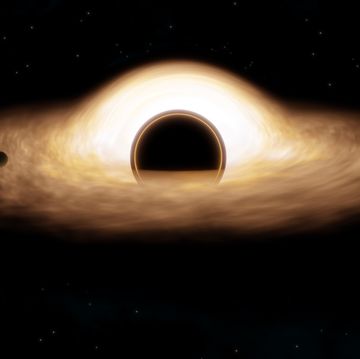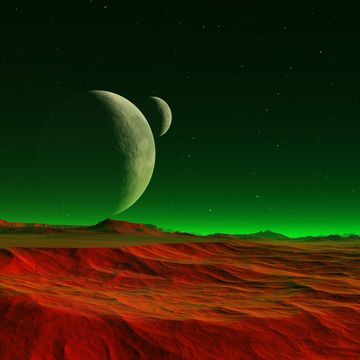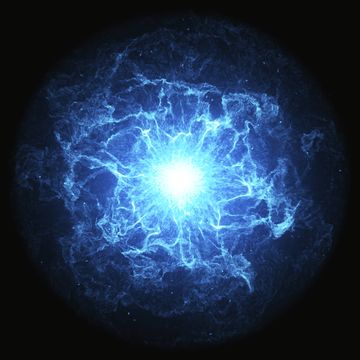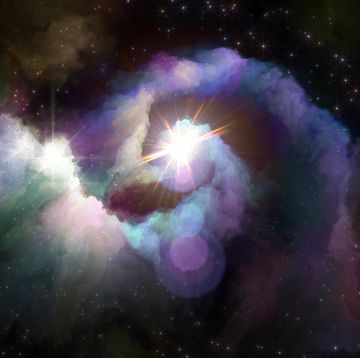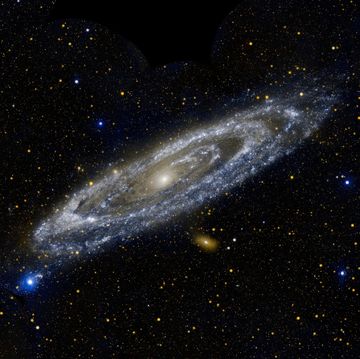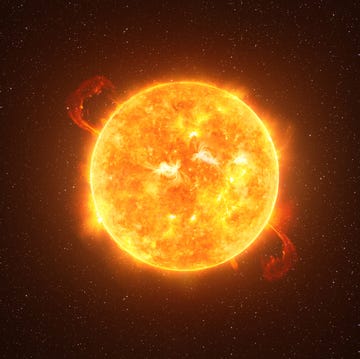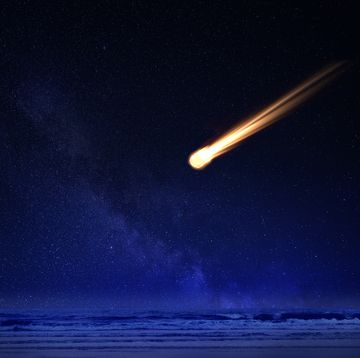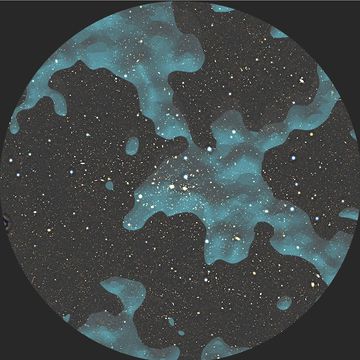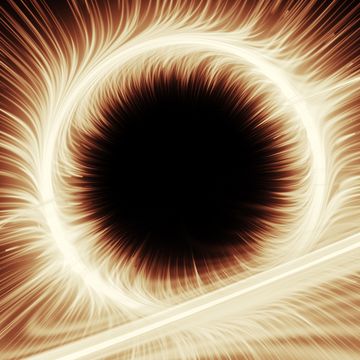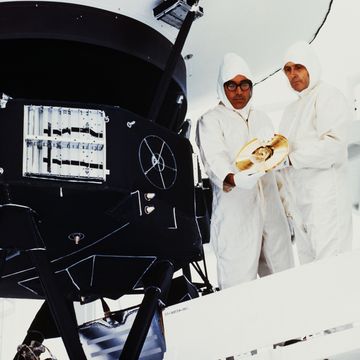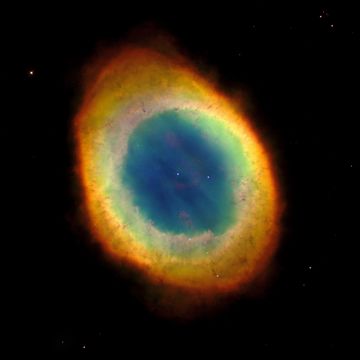- The cosmological constant, which explains how and why the universe is expanding, has been previously described by astrophysicists as “the worst prediction in the history of physics” due to its deviation from observations.
- This has led astrophysicists to explore other avenues for explaining why the universe’s expansion is accelerating.
- A new paper published in December of 2023 suggests a novel idea that our universe is absorbing baby universes—and was even absorbed itself in its early years.
The biggest mystery in the Standard Cosmological Model is dark energy—the stuff that is “presumably” the engine behind the acceleration of the universe and which makes up 65 to 70 percent of the entire universe. Dark energy forms the backbone of the idea of the “cosmological constant”—first conceived by Albert Einstein in his General Theory of Relativity to refute the conception that the universe was actually static and not expanding or contracting.
When researchers in the 1990s discovered that the universe was not only expanding, but accelerating in its expansion, Einstein’s “universal constant” (which he labeled lambda, or Λ) became surprisingly relevant again. When plugged into equations used to understand the growth of the universe after the Big Bang (known as the Friedmann equations), scientists arrived at the modern “cosmological constant.” However, there’s a couple problems—scientists have never actually observed dark energy (hence the “dark” moniker) and the cosmological constant is pretty lousy at explaining observed phenomena.
Because science abhors a epistemological vacuum, astrophysicists have instead explored other theories that could explain what’s happening in the universe. In one of those theories, published in the Journal of Cosmology and Astroparticle Physics in December of 2023, University of Copenhagen astrophysicist Jan Ambjørn and Yoshiyuki Watabiki at the Tokyo Institute of Technology explore a novel idea that doesn’t require the yet-undiscovered dark energy to explain the acceleration of the universe, and negates the need for a cosmological constant as well.
Instead, this new paper argues, our universe is actually swallowing up ‘baby universes’ as it expands.
“The main finding of our work is that the accelerated expansion of our universe, caused by the mysterious dark energy, might have a simple intuitive explanation,” Ambjørn tells LiveScience, “the merging with so-called baby universes, and that a model for this might fit the data better than the standard cosmological model.”
The idea is deceptively simple—as our universe grows, it absorbs other universes in its path, thereby “accelerating” its boundaries. Perceived by our telescopes, this would look like an increased acceleration of universal expansion. When Ambjørn and Watabiki ran the calculations for this ‘baby universe’ theory, the calculations fit more closely with real-life observations than those using the Standard Cosmological Model, the researchers claim.
The paper also attempts to answer another mystery of the early universe called “cosmological inflation,” wherein the early universe rapidly expanded for some unknown reason. A current theory suggests that a hypothetical field, called the “inflaton field,” drove this expansion, but this new paper suggests another mechanism could have been at work.
“The fact that the universe has expanded…in a very short time, invites the suggestion that this expansion was caused by a collision with a larger universe, i.e. that it was really our Universe which was absorbed in another ‘parent’ universe,” the paper reads. “It is difficult to judge if such a scenario could take place in a way that would actually solve the problems inflation was designed to solve, but one interesting aspect of such a scenario is that there is no need for an inflation field.”
This isn’t the only theory that boldly eschews the need for a cosmological constant. In July of 2023, another paper argued that the expansion of the universe could simply be a mirage caused by the evolution of electrons and protons over immensely long time scales.
For now, no alternative theory has dethroned dark energy and the cosmological constant as the best explanation of the universal acceleration. But it’s always important to keep a cautiously open mind—especially in science as cutting-edge as universal expansion. Sometimes interesting and helpful ideas can come from very odd place. Never say never.
Darren lives in Portland, has a cat, and writes/edits about sci-fi and how our world works. You can find his previous stuff at Gizmodo and Paste if you look hard enough.
